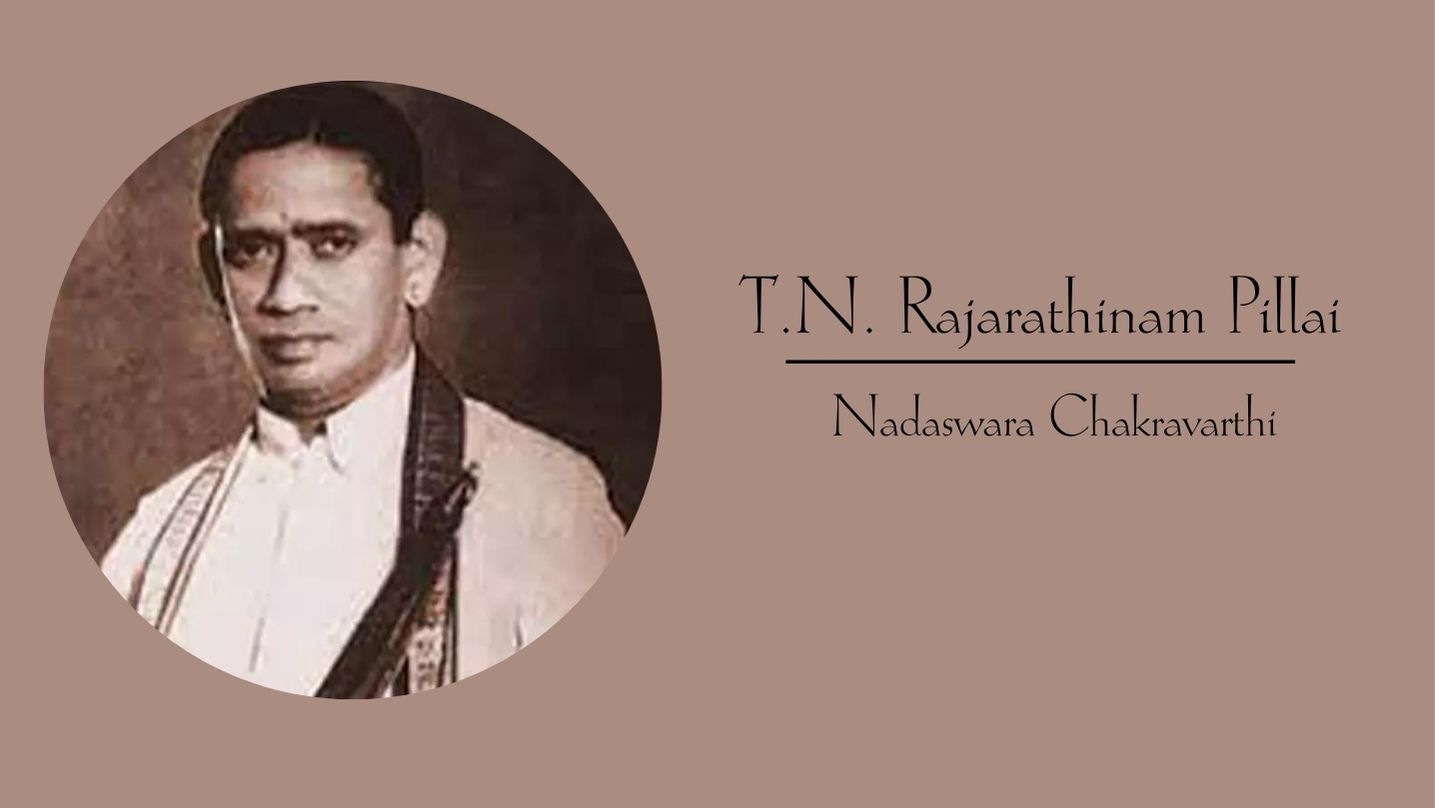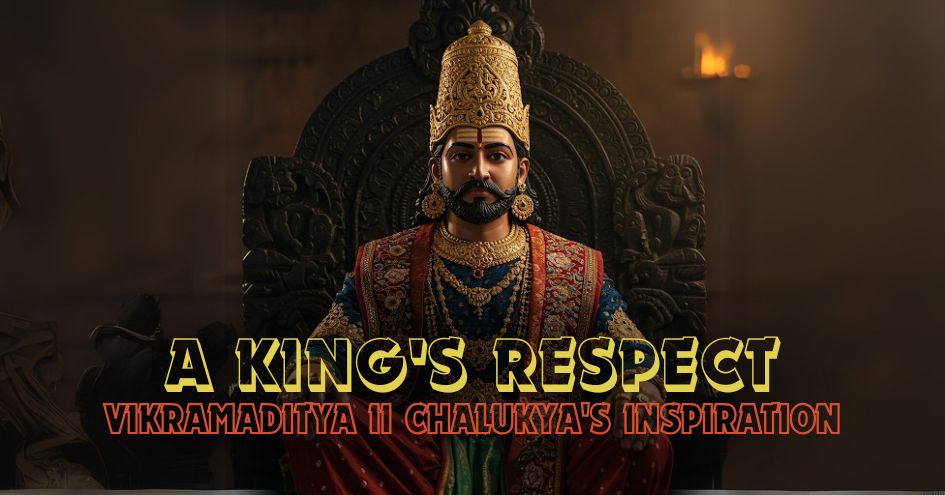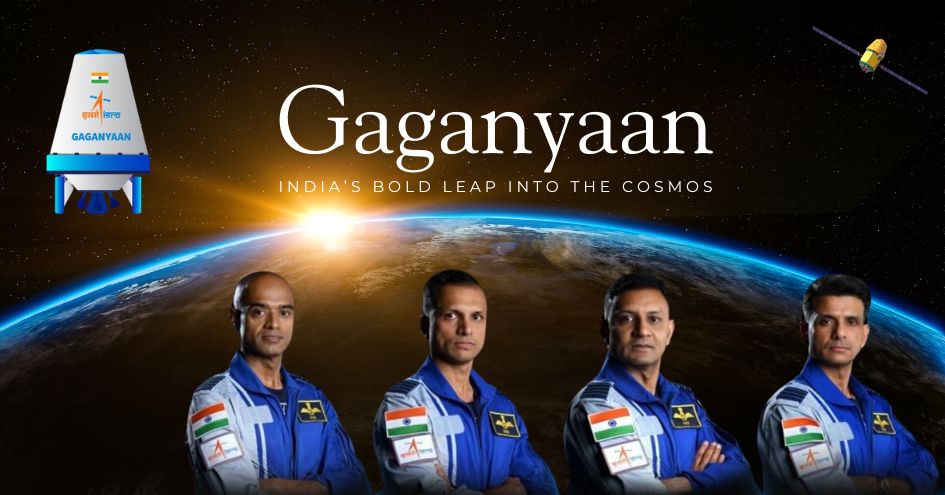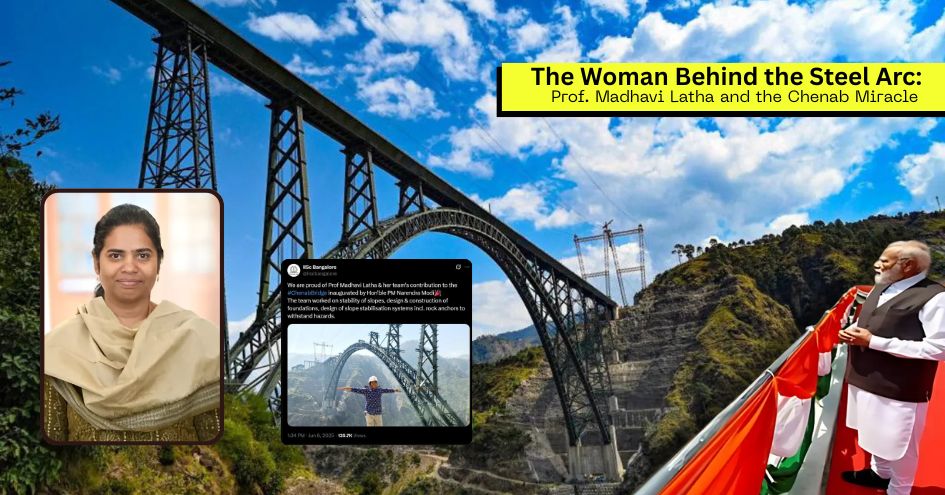
T.N. Rajarathinam Pillai (1898 - 1956)
Indian music, particularly Carnatic music, is fundamentally rooted in ragas, a distinctive feature of the Indian musical tradition. The Nadaswaram instrument is meticulously crafted to facilitate the exploration of ragas. Renowned Nadaswaram Vidwans have historically played a crucial role as pioneers and trendsetters in the intricate art of raga elaboration, demanding a firm grasp of the raga's grammar and a vivid imagination (kalpana). Among these exceptional musicians emerged Nadaswara Chakravarthi, T.N. Rajarathinam Pillai, hailing from a lineage of esteemed Nadaswara vidwans known as "Isai Vellalars" or people of music.
Born in 1902 in Tirumarugat near Nannilam, Rajarathinam was immersed in the musical ambiance, being part of a family deeply connected to the art. His early musical inclinations were nurtured by his uncle, the renowned Nadaswara vidwan Thirumarugal Natesa Pillai, who provided him with regular and systematic lessons. The young Rajarathinam exhibited signs of his musical prowess by singing songs in his youthful voice. As he matured, he received formal training from his uncle, whose meticulous approach ensured an intimate understanding of ragas and their compositions.
Rajarathinam's musical journey further evolved when, at the age of seven, he began learning vocal music from prominent figures like Tirukodikaval Krishna Aiyar and Konerirajapuram Vaidyanatha Aiyar. Recognizing the importance of vocal training before venturing into Nadaswaram, he took this foundational step. Under the guidance of masters like Krishna Aiyar and Vaidyanatha Aiyar, he quickly developed a profound understanding of swara gnana, enabling him to perform as a skilled Nadaswara player within six months.
Known for his distinctive timbre on the Nadaswaram, Rajarathinam swiftly gained widespread recognition, earning the title of Nadaswara Chakravarthi amidst a landscape of eminent Nadaswara vidwans. His musical brilliance, whether in lively renditions or leisurely explorations, covered the entire spectrum of ragas, showcasing their various shades and subtleties. Rajarathinam remained unwavering in his commitment to upholding musical standards, expressing disdain for compromising the art for popularity.
Two notable performances underscore Rajarathinam's musical prowess. During a procession of Sai Baba in Mylapore, his music was the highlight, captivating the audience for three hours. Another memorable event occurred during the final day of the music festival in Thiruvaiyaru, where his intricate raga elaboration and collaboration with tavil player Needamangalam Meenakshisundaram Pillai left a lasting impression.
Rajarathinam's mastery extended to his rendition of krithis, flawlessly delivering Swaraprasathara with invigorating freshness. His control over tala, recognized by the celebrated tala exponent Shri Needamangalam Meenakshisundaram Pillai, emphasized his musical prowess. The legacy of Rajarathinam Pillai lives on through his recorded performances, and his impact on South Indian Nadaswaram music remains profound.
 Dakshinamurthy is a scholar and researcher of Indic themes and a contributing writer of The Verandah Club
Dakshinamurthy is a scholar and researcher of Indic themes and a contributing writer of The Verandah Club
NEXT ARTICLE

Indian History is rife with conflict between kings for power, territory and regional supremacy. We have seen instances where kings have made it a poin...

"Saare Jahaan Se Accha, Hindustan Hamara!"These immortal words, spoken by Squadron Leader Rakesh Sharma from the vast expanse of space in 1984, When t...

High in the rugged, unforgiving terrain of Jammu and Kashmir’s Reasi district, where the Chenab River slices through deep gorges and the Himalayas loo...